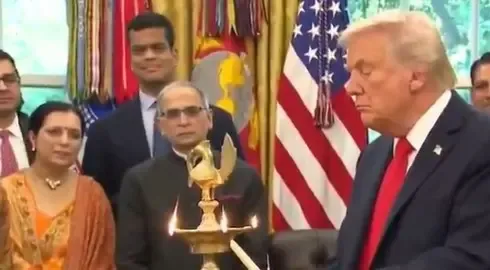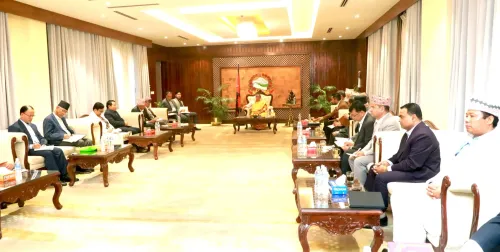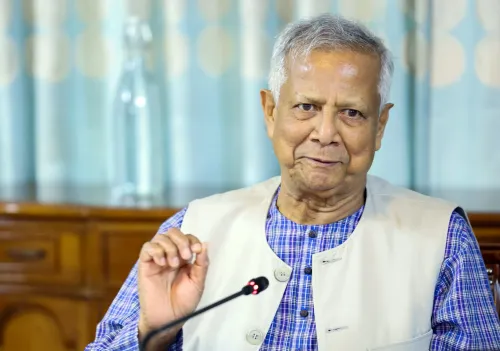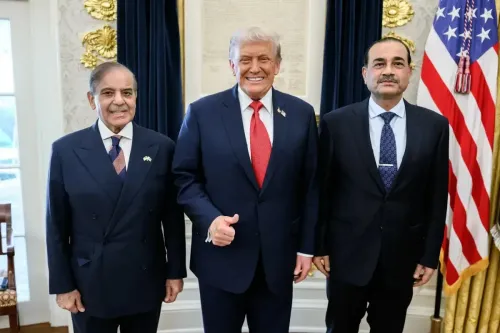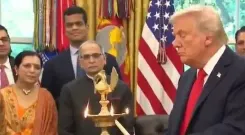Are US Sanctions on a UN Human Rights Expert Justifiable?
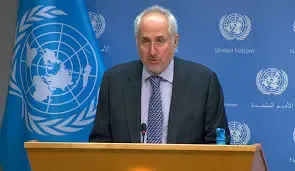
Synopsis
Key Takeaways
- US sanctions against UN human rights experts are unprecedented.
- Such actions could weaken the UN human rights framework.
- Francesca Albanese is an independent expert appointed by the UN Human Rights Council.
- The sanctions aim to deter investigations into alleged Israeli human rights violations.
- UN rapporteurs do not report to the UN Secretary-General.
United Nations, July 11 (NationPress) - A UN spokesman has declared that the US sanctions imposed on a UN human rights expert are entirely unacceptable.
Stephane Dujarric, the spokesperson for UN Secretary-General Antonio Guterres, emphasized that enforcing sanctions on UN human rights special rapporteurs sets a dangerous precedent. This statement came in light of the US sanctions targeting Francesca Albanese, the UN special rapporteur responsible for assessing the human rights conditions in the occupied Palestinian territory.
The spokesman asserted that while member states have the right to their opinions and may disagree with the findings of special rapporteurs, they should engage with the UN human rights framework. He stated, 'The application of unilateral sanctions against special rapporteurs, or any UN expert or official, is simply unacceptable.
Furthermore, he clarified that Albanese, along with other UN human rights special rapporteurs, operates as an independent expert appointed by the UN Human Rights Council and reports directly to the council based in Geneva, as reported by the Xinhua news agency.
Dujarric also highlighted that special rapporteurs do not report to the UN Secretary-General, who holds no authority over their duties or findings. On Wednesday, Washington announced sanctions against Albanese due to her involvement in probing alleged Israeli human rights abuses against Palestinians. This move represents Washington's ongoing efforts to discourage international investigations into purported war crimes committed by Israel during its continuous military actions in Gaza.
These sanctions are a consequence of an executive order signed by US President Donald Trump in February, which authorized punitive measures against the International Criminal Court for what the administration termed 'illegitimate and baseless actions' aimed at the United States and Israel.

